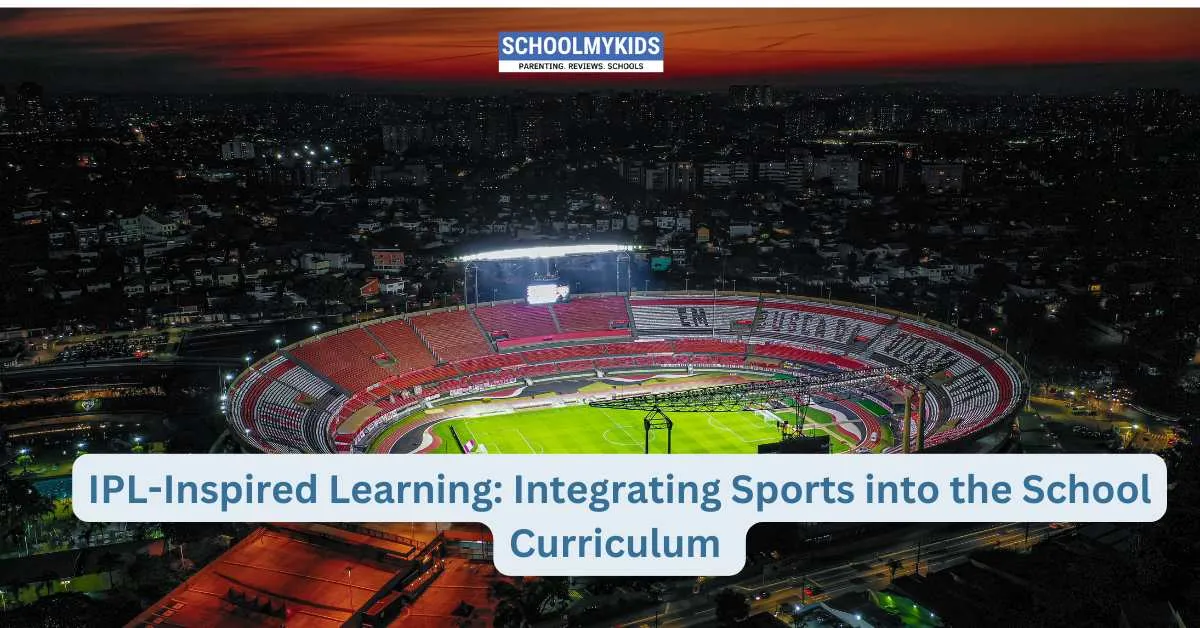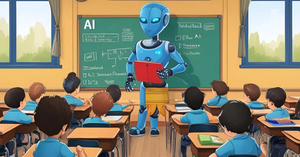The Indian Premier League has redefined the landscape of cricket and sports entertainment. IPL 2025 continues to inspire not only fans but also educational institutions that seek to harness its dynamism as a tool for learning. By integrating IPL-inspired content into the school curriculum, educators can provide students with a multifaceted learning experience that blends sports, analytics, and life skills. This article explores the strategies and benefits of incorporating the IPL into educational frameworks.
Bridging Sports and Academics
Traditionally, the domains of sports and academics have been treated as distinct spheres within the educational environment. However, the success and cultural relevance of the IPL have blurred these boundaries. By integrating IPL themes into lessons, educators can create interdisciplinary curricula that connect theoretical knowledge with practical applications. Subjects such as mathematics, statistics, and economics can be taught using data derived from IPL matches—ranging from player statistics and team performance metrics to economic models of sports franchises. This approach makes abstract concepts more tangible and engaging, as students see real-world applications of the theories they learn in the classroom.
Enhancing Critical Thinking and Analytical Skills
The strategic intricacies of the IPL offer a rich context for developing critical thinking and analytical skills. Courses can include case studies of match strategies, player performances, and team management. Students can analyze game statistics, evaluate risk, and predict outcomes using statistical tools and software. Such exercises not only enhance their numerical and analytical abilities but also encourage independent research and data-driven decision-making. Furthermore, debates and panel discussions on strategies and performance can stimulate critical dialogue, prompting students to explore multiple viewpoints and refine their reasoning skills.
Incorporating Technology and Innovation
The modern era of sports, particularly highlighted by the IPL, is deeply intertwined with technology. Schools have a unique opportunity to merge sports with emerging digital tools. Incorporating lessons on data analytics, digital marketing, and sports technology can be done through the lens of IPL case studies. For instance, assignments might involve analyzing social media trends during the tournament or creating digital profiles for teams and players. Such projects familiarize students with contemporary digital tools and techniques, preparing them for future careers in technology, sports management, or digital marketing. This method of experiential learning is both engaging and relevant to today’s technological landscape.
Promoting Teamwork and Collaborative Learning
IPL-inspired learning is inherently collaborative, reflecting the team dynamics present in the sport. Group projects that simulate the roles of team management—such as strategizing for a match, selecting players, or developing marketing campaigns—can foster teamwork and communication skills. Through these simulations, students learn the importance of collaboration, effective communication, and conflict resolution. These soft skills are invaluable in any professional context and prepare students for the challenges of working in diverse teams. Additionally, collaborative learning environments encourage students to take on leadership roles, further enhancing their interpersonal and organizational capabilities.
Integrating Life Skills Through Sportsmanship
The ethos of the IPL extends beyond athletic prowess to embody values such as resilience, discipline, and sportsmanship. Educators can draw parallels between the challenges faced by players and the everyday challenges students encounter. Incorporating lessons on ethics, fair play, and perseverance into the curriculum not only broadens students’ perspectives but also equips them with critical life skills. For example, analyzing how teams overcome setbacks during the tournament can lead to discussions on resilience and adaptability in academic and personal contexts. These discussions help students appreciate the broader implications of sportsmanship in shaping character and building community.
Addressing the Broader Curriculum
Beyond direct academic benefits, IPL-inspired learning provides an avenue to address broader curricular goals, including cultural studies, history, and even political science. The global reach of the IPL offers insights into the interplay between sports, culture, and economics. Teachers can design modules that explore the historical evolution of cricket, its socio-political impact in India, and the commercialization of sports. Such interdisciplinary approaches encourage students to think critically about the societal dimensions of sports and to understand the intricate relationship between culture, commerce, and media.
Conclusion
Integrating the IPL into the school curriculum is more than a trend—it is an innovative approach that enriches the educational experience by blending sports, technology, and interdisciplinary learning. Through IPL-inspired projects, students develop analytical and critical thinking skills, engage with technology, foster teamwork, and learn essential life skills. This modern pedagogical approach not only makes learning more engaging but also prepares students for the dynamic challenges of the future. By embracing the lessons and spirit of IPL 2025, educational institutions can cultivate a learning environment that is both vibrant and forward-thinking.









Be the first one to comment on this story.